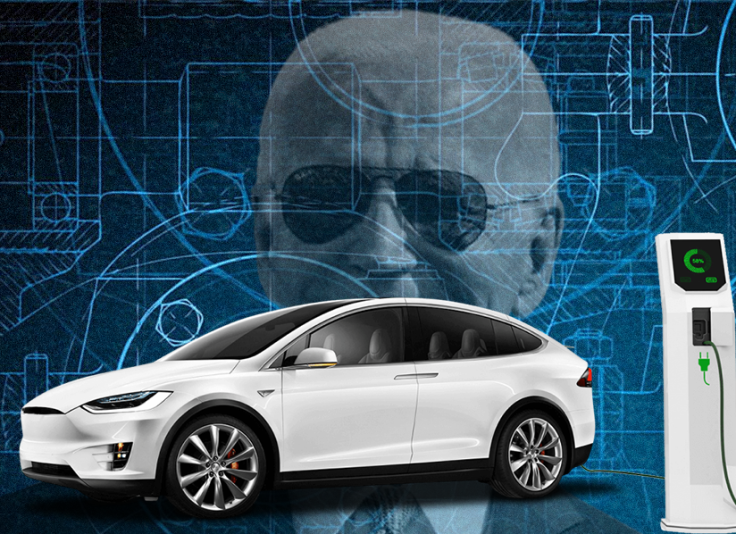Electric vehicles have been making headlines in the past months as the US government, particularly President Joe Biden's administration, has been pushing "eco-friendly" cars more and more.

Just last year, Biden proposed for car dealers to transition two-thirds of their automotive products to EVs from 2027 to 2032.
Despite assurances from the government that there is enough budget to push through the initiative, one question still remains in many people's minds.
Is the US really ready now for an EV-centric future?
Low Demand from Regular Americans
One of the main talking points the Biden administration indicated as a benefit from the transition was that it would generate more jobs and help revitalize the tech and auto industry in the US.
The government has even poured billions of dollars to make this vision come true.
However, the market where these EVs will be sold is rarely given attention or prioritized.
A recent study has shown that over 2 million electric cars are currently registered in the US, only a little over 9% of the total population.
A big chunk of the population, 41%, are fully reluctant to buy one even in the future.
Chief among the issues for its accessibility and charm to the public is the prices. Most Americans cannot afford electric cars that could range between $30,000 to over $100,000.
With inflation in full swing, it is even much harder to do so.
Environmental Concerns
Despite being touted as a carbon-free, eco-friendly alternative to traditional fuel-powered cars, EVs still contribute to pollution in some ways.
According to Earth.org, almost 4 tons (3,328 kg) of carbon dioxide are released during the production process of a single electric car.
Even disposing of these cars poses environmental risks because of the batteries.
Many EV manufacturers use lithium cells for their power supply, a material known to damage water supply systems and ecosystems when discarded recklessly.
This is not to even include all the materials the US will be importing to construct the factories and other necessary facilities for EVs to be operational across the country.
While the direct effect of bringing tons of cement and steel might not be on the US, it sure will on the country where it was collected from.
With the US opening up manufacturing and distribution of a whole industry, it can be expected that its pollution problem will not be solved anytime soon.
Traffic Congestion
Even one of the proposed good effect of the EVs are limited only to a few areas, while the rest brace for even worse road headaches.
Metropolitan cities and major highways are sure to experience lesser traffic, but not so much on older roads and chokepoints that can only handle a few big cars, much less a hundred, passing every day.
Many modern models of EVs we see today are bulky and generally not suitable for streets that can only accommodate a few vehicles at the time.
Unless the US government intends to regulate the size of the EVs or spend more to expand road access to chokepoints, a full transition to electric cars may not solve the country's worsening traffic.
Related Article : 5 Potential Impacts of Transitioning to Autonomous Vehicles









